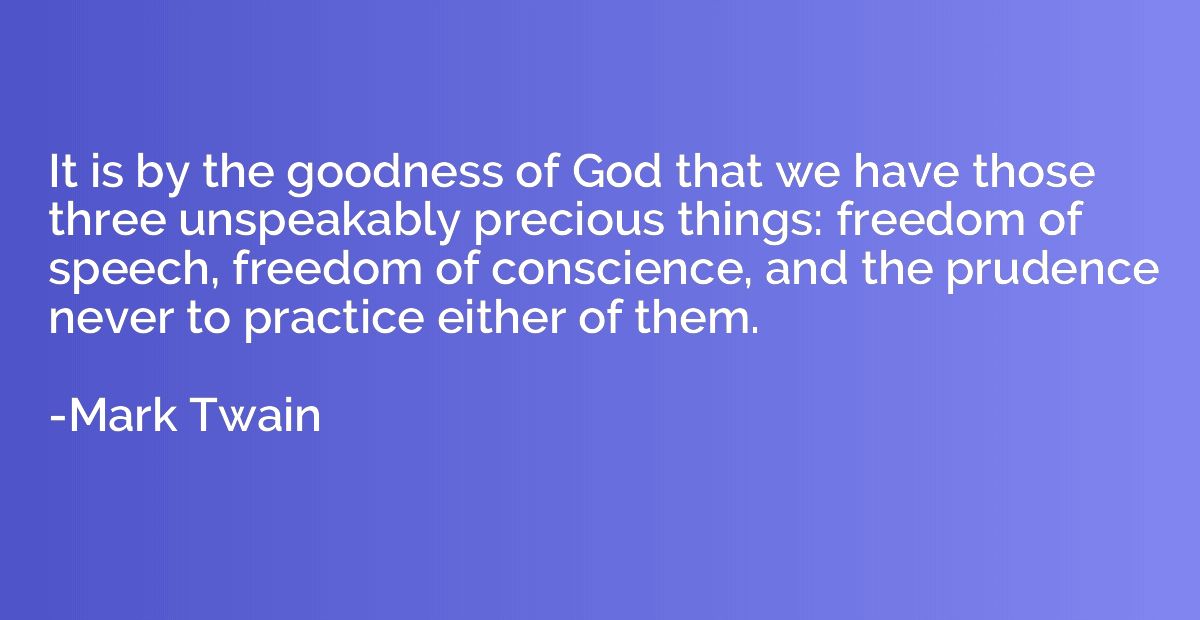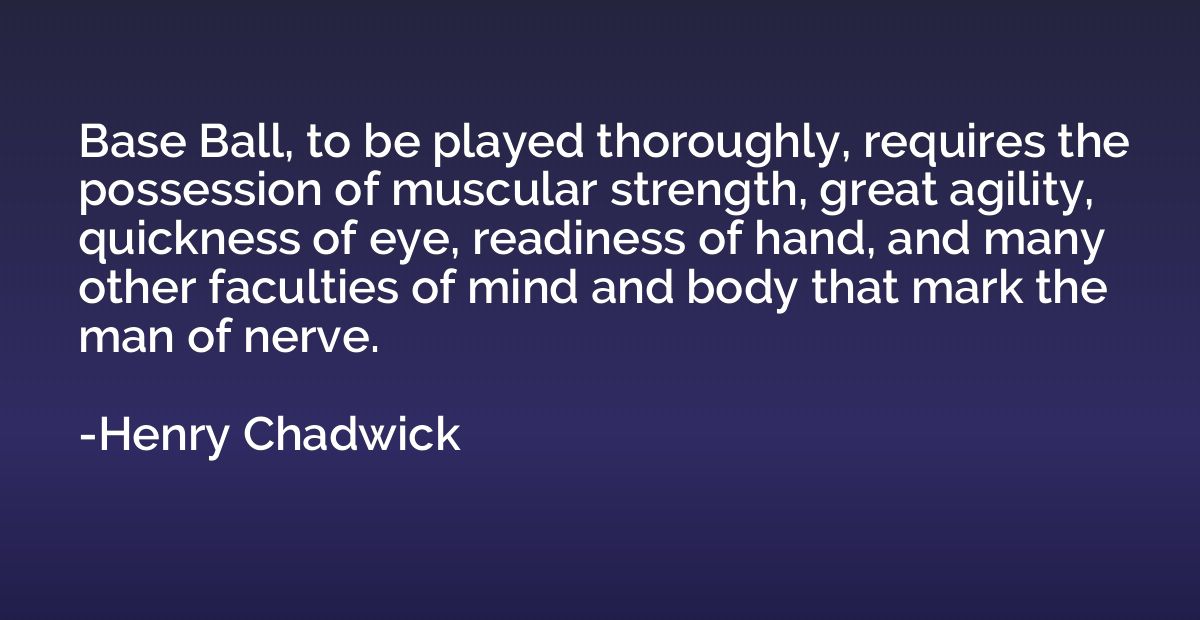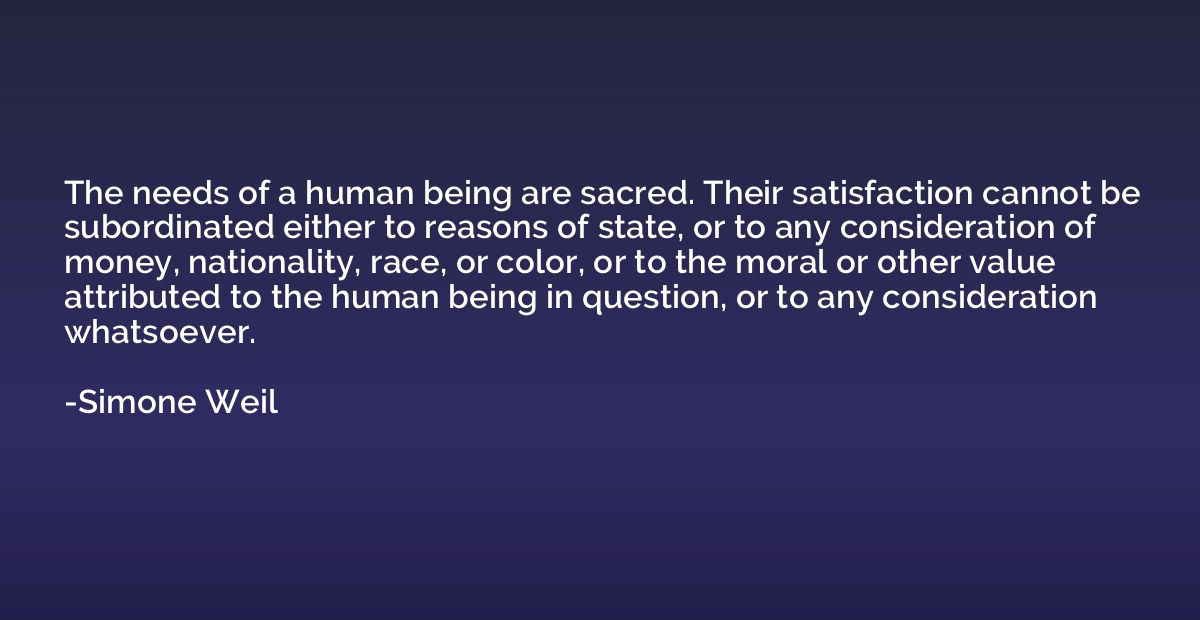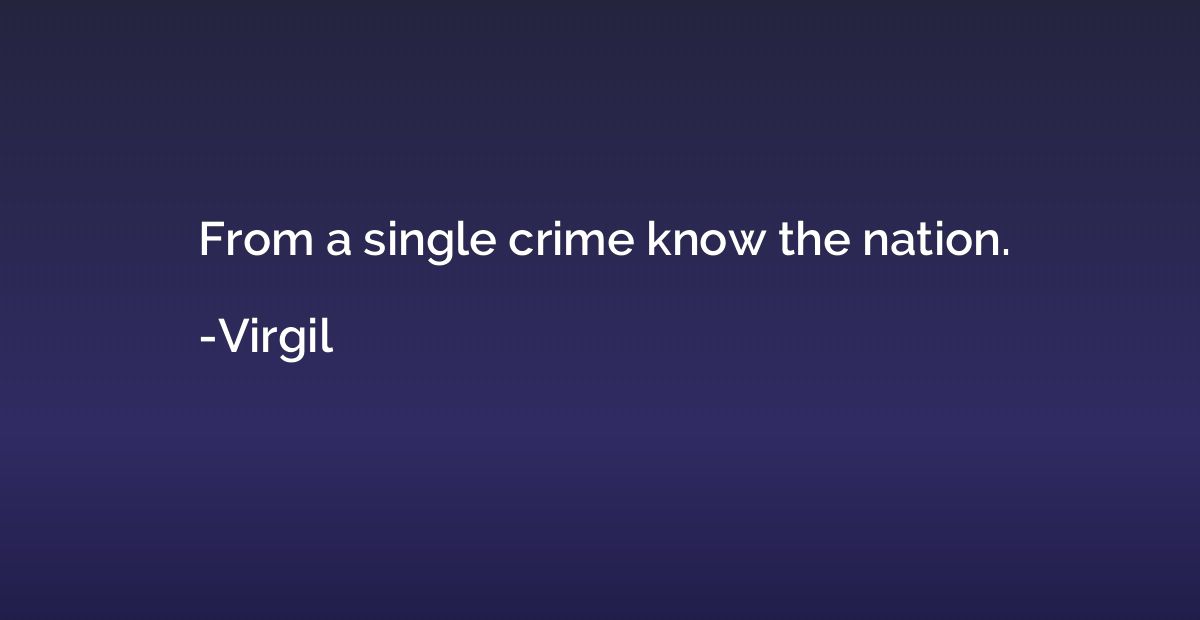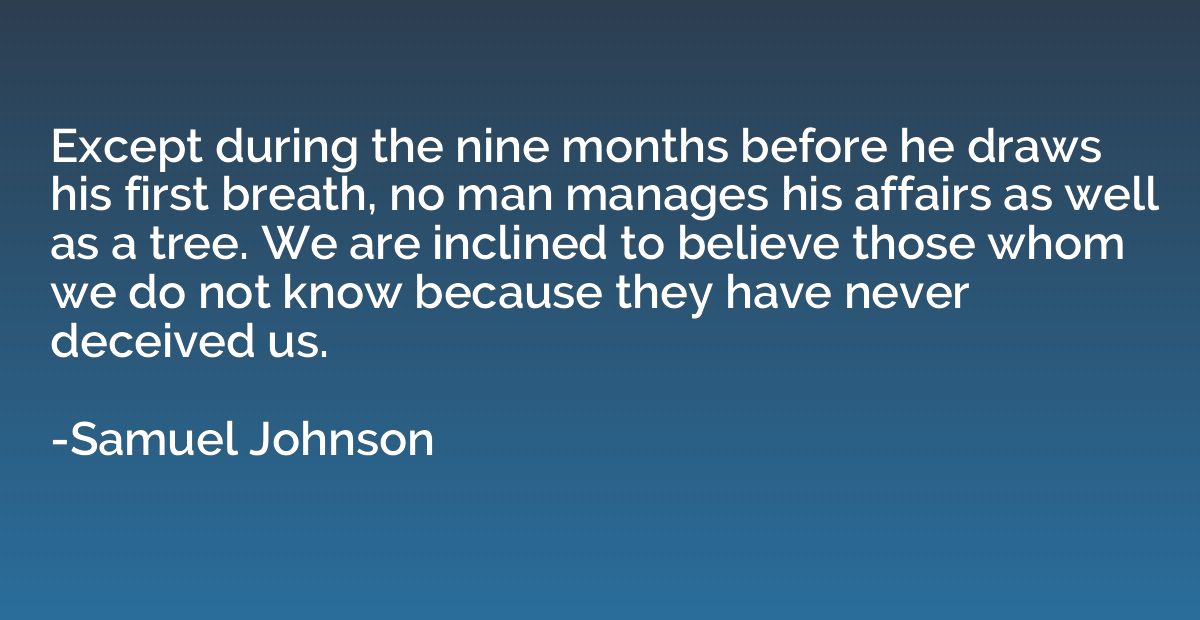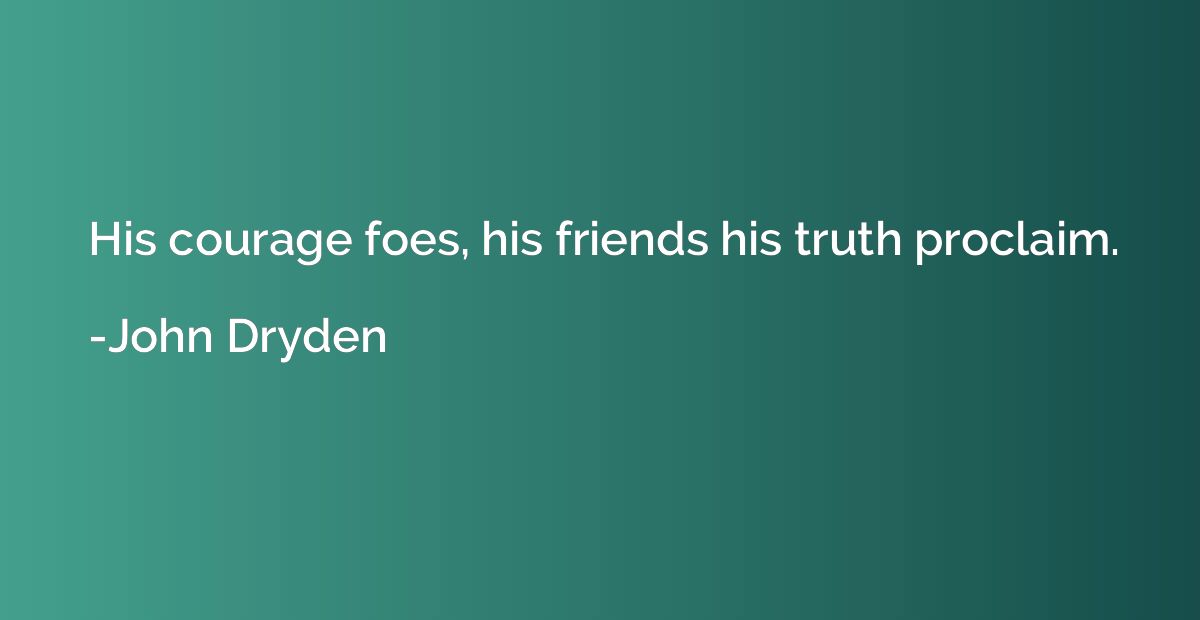Quote by Mark Twain
The easy confidence with which I know another man's religion is folly teaches me to suspect that my own is also. I would not interfere with any one's religion, either to strengthen it or to weaken it. I am not able to believe one's religion can affect his hereafter one way or the other, no matter what that religion may be. But it may easily be a great comfort to him in this life--hence it is a valuable possession to him.
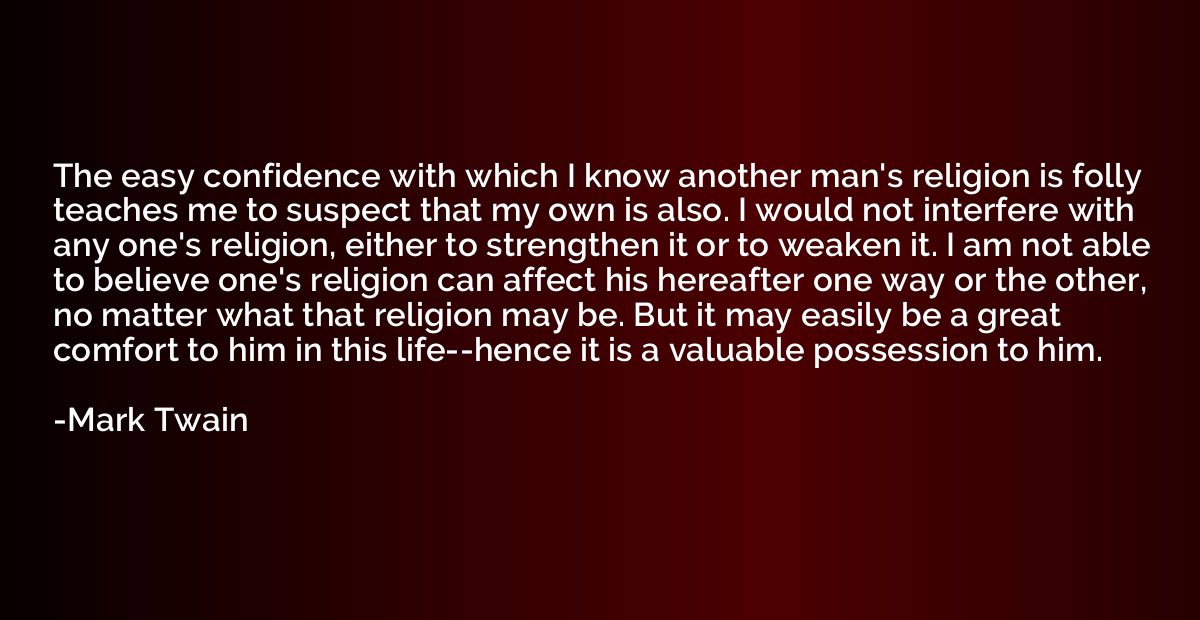
Summary
This quote by Mark Twain reflects his belief in religious tolerance and skepticism. He suggests that confidently dismissing another person's religion as foolish makes him question his own beliefs. Twain opposes interfering with others' religious beliefs, as he does not believe that any religion can determine a person's destiny in the afterlife. However, he acknowledges that religion can offer comfort and possesses value for individuals in the present life. This quote emphasizes the importance of respecting diverse religious perspectives while promoting a critical assessment of one's own beliefs.
Topics
Religion
By Mark Twain



